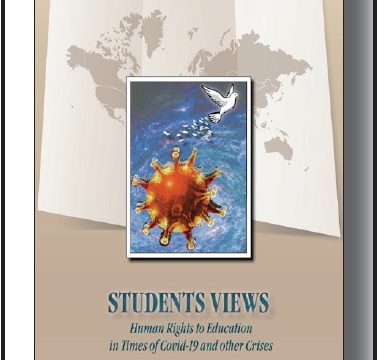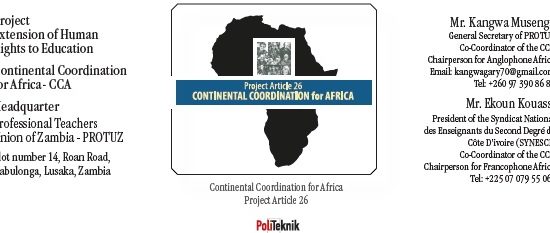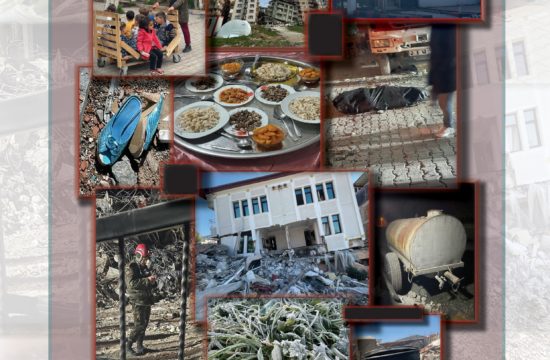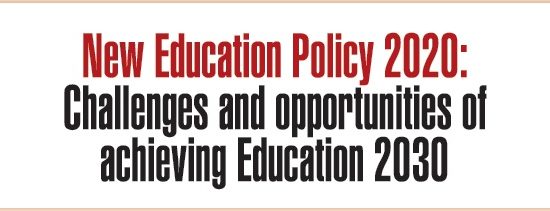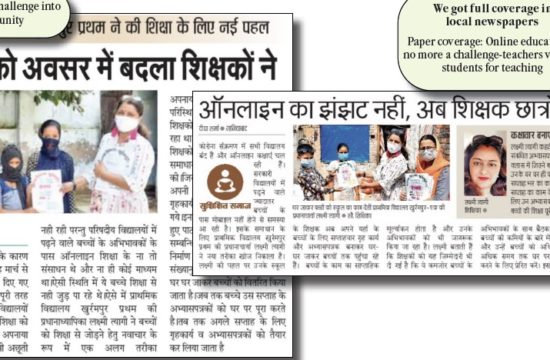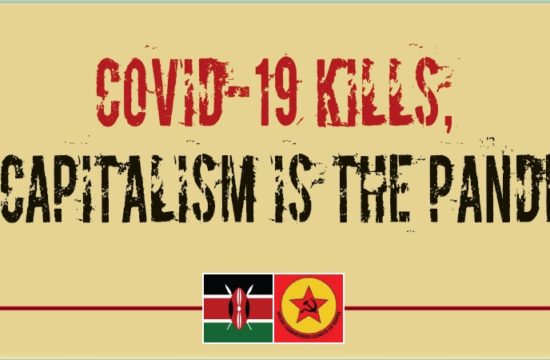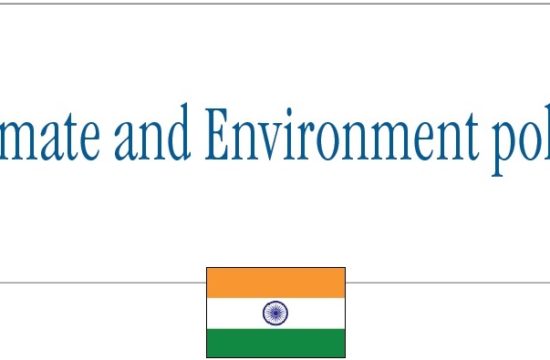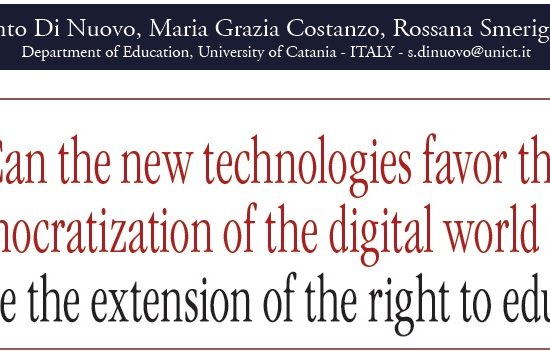Gayathri Sivaneswaran
Faculty of Agriculture, University of Peradeniya – SRI LANKA
Education is the key to enlightenment— this is what we believe. Education would break the cycle of poverty, folly, and lack of voice in society. According to society, education is both a necessity and a right. So, why is it of concern to the Security Council? Is it under pressure? – Absolutely. Here, what we see or hear about the impartiality of education are just book versions, but, in reality, not everyone has the same. What’s the reason—we say it’s all about politics? Politics may be one of the barriers to educational rights, but not complete. Even though they are very close to teaching aid, some children do not have access to education. Nowadays, the current issue is conflicts like war, inland battles, neighbourhood issues, etc.
Schools in conflict zones are targeted by strikers who are willing to kidnap children as hostages or force them to join armed groups. Armed forces in conflict zones took over the vacant schools as military portals. Exposure to conflicts affects children physically and mentally, ranging from direct killing to being struck with extreme trauma and abduction, and sometimes the effects may be irreversible. This is considered a grave violation. This act gave neck-grasping fear to people and children, especially girls who are kept away from school. This is not only an effect of the parents being concerned about the girl’s security but also because the attackers may be racist. They may dislike children’s education and attempt to use them as a puppet to fulfil their own desires. Malala is the best example of a child surviving in a conflict zone. She stood up for educational rights and got shot, but she was able to survive and again made a steady stand in front of all nations. At the time, the world became aware of the current state of education. Inadequate access to education not only shatters children’s dreams but also makes peace-building and understanding abilities difficult to achieve. The most uneducated people are in a rage; they won’t get into anything to understand and will act the way they decide. There are some reports stating that kids who survived a conflict still had nightmares of the past. That comes from time to time, scares them, and keeps them from trying or coming out for new exposure.
Generally, what people suggest is to turn the kids out of their zone to help them. This is not a complete way; it is just a step. There are so many things to be considered. Even after they come out, ensuring access to education in the safe house is salient. Education is the most effective tool for promoting democracy and ensuring long-term peace for future generations. We should be creating a world where everyone who wishes to learn can do so in peace and dignity. But this shared intention requires shared action because it will bring collaboration, cooperation, and mutual trust among people. Every child has the right to learn without fear of violence. There is another better way to protect the right to educationcease fights and conflicts. We were not able to change the current attackers, but we may be able to mould the upcoming ones. Even when teaching, children must be aware of the problems that other children face around the world in order to learning. They should be taught to keep their hands off of weapons and combat situations. Getting children into school contributes to national stability, reduces social inequalities, and improves the structure of society. While the challenges posed by crises can have a significant impact on education, they have also provided an opportunity to re-evaluate and improve the way that education is delivered. By embracing remote learning and other innovative approaches, educational institutions can continue to provide students with the education they need, even in the most challenging of circumstances.


